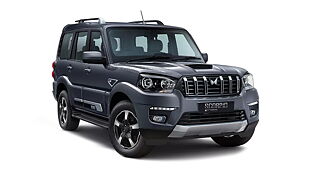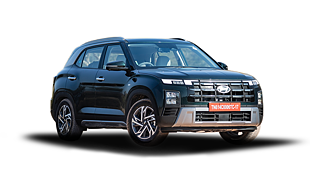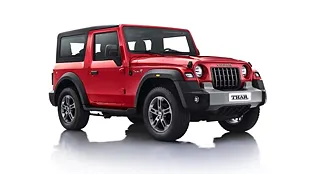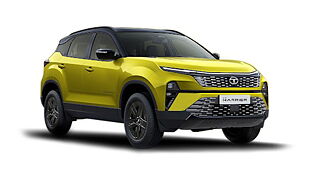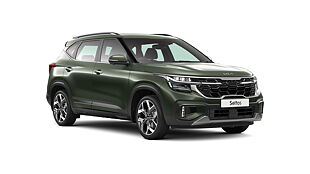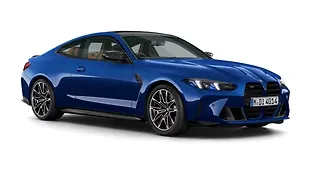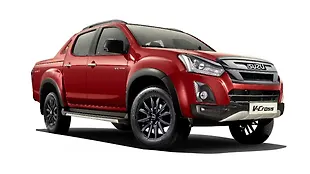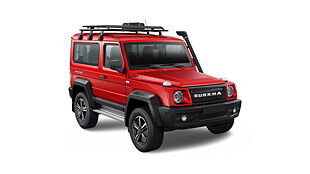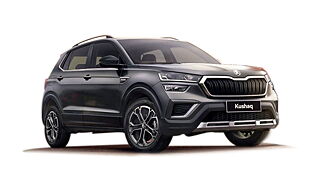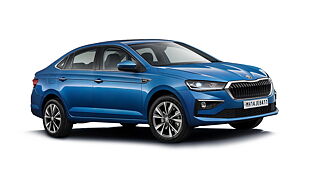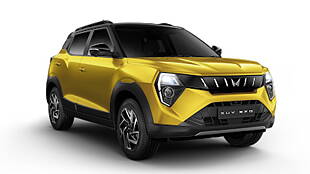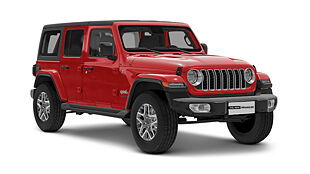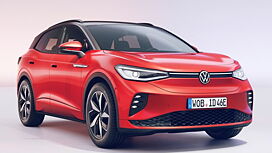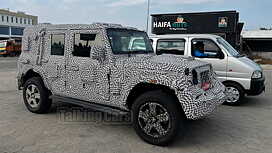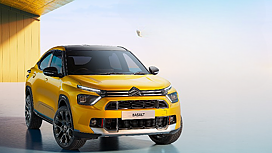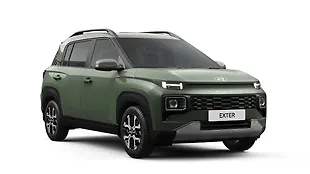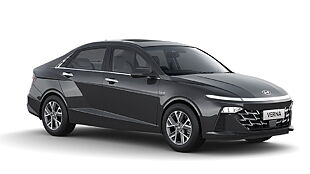Introduction

As we all know, ABS (short for Anti-Lock Braking System) is now mandatory in cars. You might be wondering what is ABS and how does it work? And why is it categorised under safety equipment in cars? Let’s find out.
As the name suggests, the Anti-Lock Braking System is a device which prevents locking up of the brakes. This, in turn, prevents uncontrolled skidding of the vehicle when braked hard on low grip surfaces. Also, it allows control over the steering of the vehicle under panic braking scenarios.
History

The concept of ABS dates back to the early 1900s. Many pioneers in aircraft and railroad used various techniques to prevent slip of tyres under braking. It included fighter planes and even diesel locomotives. However, it was in 1971 when modern ABS, as we know it today, was introduced by Chrysler for its Imperial flagship sedan. The American carmaker used to call it ‘Sure-Track’ system. Ford also used this very system on Lincoln Continental. And General Motors offered it as an optional fitment on various Cadillac models.

In the same year, Nissan offered an EAL (Electro Anti-lock System) developed by Japanese company Denso as an option on the President sedan. This became Japan's first electronic ABS. In 1976, ABS for commercial vehicles was under development by WABCO. It was the Mercedes-Benz W116 in 1978 which became the first production car to use electronic four-wheel multi-channel anti-lock braking system (ABS) sourced from Bosch. Almost 10 years after that, ABS has been standard in all Mercedes-Benz vehicles. Meanwhile, BMW was first to introduced ABS in motorcycles in 1988.
How does ABS work?
First of all, let us understand what happens when you try to brake hard in a vehicle with no ABS in low grip conditions like on snowy or wet roads. Your input on the brake pedal will apply braking action on the wheels but since there is no traction/grip of tyres in contact with the road surface, the wheels will stop rotating altogether even when the car is in motion. This is called locking up of wheels. And when the wheels lock up, it is impossible to steer away in case there is an obstacle ahead of the vehicle.

ABS works on the principle of ‘threshold braking’. The threshold braking is a driving technique most commonly used in motor racing. This technique involves the driver modulating the brake pedal pressure to maximise the braking force. The optimal amount of braking force is developed at the point when the wheel just begins to slip. The brake pedal is released when the tyres reach their slip point as braking beyond this point causes the tyre to slide. With modern electronic ABS, this is done automatically with the use of sensors and hydraulic actuators.
What ABS does is, even if you apply brakes with your right foot pinned to the floor, it senses the abrupt slowing down of wheels. And instead of braking the wheels in a single go (which we know will lock up the wheels), it brakes it intermittently. In simple terms, even if the brake pedal is fully pressed because of panic braking, the brakes go – on-off-on-off-on-off and so forth.

This can happen around hundreds of times in a single second and therefore when ABS is in action, you get a ‘pulsating’ feeling on the brake pedal. So by doing this intermittent braking, the ABS directly prevents the wheels from locking up. Also, you can steer the vehicle away from any obstacle while braking, thanks to the prevention of lock-up by ABS.
ABS mechanism:

A typical ABS unit comprises of four components/parts – speed sensors, valves, master cylinder and an ECU (electronically controlled unit). The speed sensors are positioned on the rotating wheels which continuously send information about acceleration and braking of wheels to the ECU. When the ECU detects any irregularity in hard braking, it sends a signal to valves. The valves then open and close accordingly thus controlling the brake fluid from master cylinder going to the brakes. ABS is classified into the number of channels – which is the number of valves which are individually controlling the wheels and number of sensors.
ABS and EBD: What’s the difference?

The EBD is another safety feature related to brakes. EBD stands for Electronic Brakeforce Distribution, and as the name suggests, it monitors each of the individual brakes and wheels. Under braking, EBD decides which wheel will brake more and which will brake less depending on conditions like available traction, wheel angle, vehicle weight and more. In most cases, the braking force is distributed at the front as the front is heavier (in a front-engine vehicle) than the rear of the car. In a few advanced systems, immediately after braking more pressure is applied on rear brakes before the effects of weight transfer become apparent and then the brake force is redistributed.
Hence, just like ABS, EBD also prevents the wheel from locking under various driving conditions. But EBD does it by regulating brake pressure across all four wheels instead of intermittently braking each wheel like in the ABS.
Cornering ABS:
Only used in motorcycles currently, cornering ABS is one of the revolutionary techs of ABS. It helps in panic braking situation when the motorcycle is completely leaned in a corner. Making use of all the usual hardware, cornering ABS also employs something called IMU (inertia measurement unit). With the use of cornering ABS, the rider can pull the brake lever all the way when mid-corner, but the intelligent system would control all the braking parameters and the rider can come out of the corner without losing traction or locking either of the motorcycle wheels.

![हुंडई क्रेटा [2020-2023] इमेज हुंडई क्रेटा [2020-2023] इमेज](https://imgd.aeplcdn.com/272x153/n/cw/ec/41564/hyundai-creta-right-front-three-quarter9.jpeg?q=80)
![हुंडई क्रेटा [2020-2023] ठीक सामने तीन चौथाई हुंडई क्रेटा [2020-2023] ठीक सामने तीन चौथाई](https://imgd.aeplcdn.com/199x112/n/cw/ec/41564/hyundai-creta-right-front-three-quarter9.jpeg?q=80)
![हुंडई क्रेटा [2020-2023] ठीक सामने तीन चौथाई हुंडई क्रेटा [2020-2023] ठीक सामने तीन चौथाई](https://imgd.aeplcdn.com/199x112/n/cw/ec/41564/creta-exterior-right-front-three-quarter-2.jpeg?q=80)
![हुंडई क्रेटा [2020-2023] राइट साइड का दृश्य हुंडई क्रेटा [2020-2023] राइट साइड का दृश्य](https://imgd.aeplcdn.com/199x112/n/cw/ec/41564/creta-exterior-right-side-view.jpeg?q=80)
![हुंडई क्रेटा [2020-2023] डैशबोर्ड हुंडई क्रेटा [2020-2023] डैशबोर्ड](https://imgd.aeplcdn.com/199x112/n/cw/ec/41564/creta-interior-dashboard.jpeg?q=80)
![हुंडई क्रेटा [2020-2023] स्टीयरिंग व्हील हुंडई क्रेटा [2020-2023] स्टीयरिंग व्हील](https://imgd.aeplcdn.com/468x263/n/cw/ec/41564/creta-interior-steering-wheel.jpeg?q=80)
